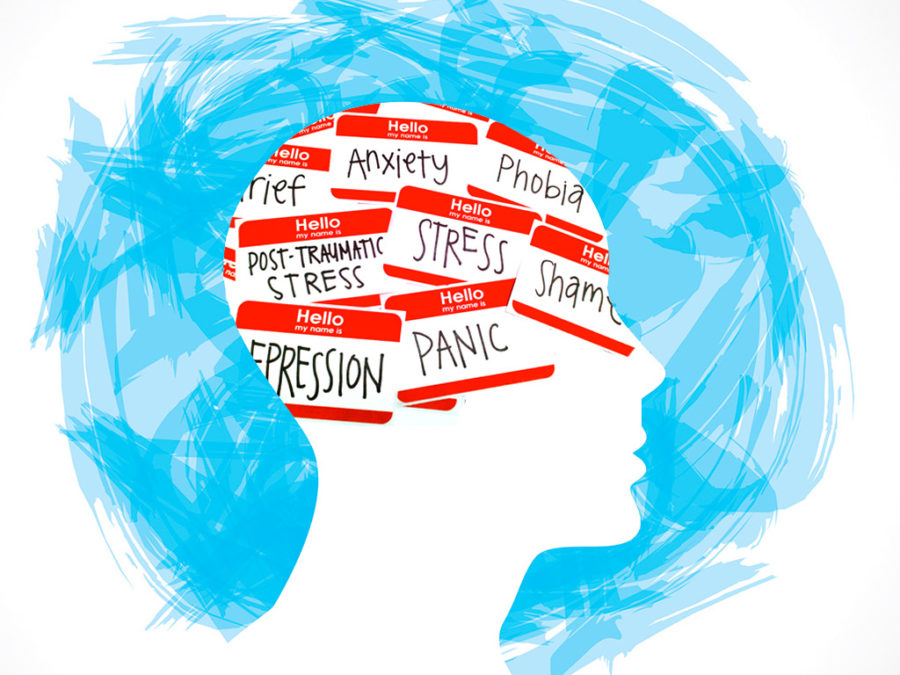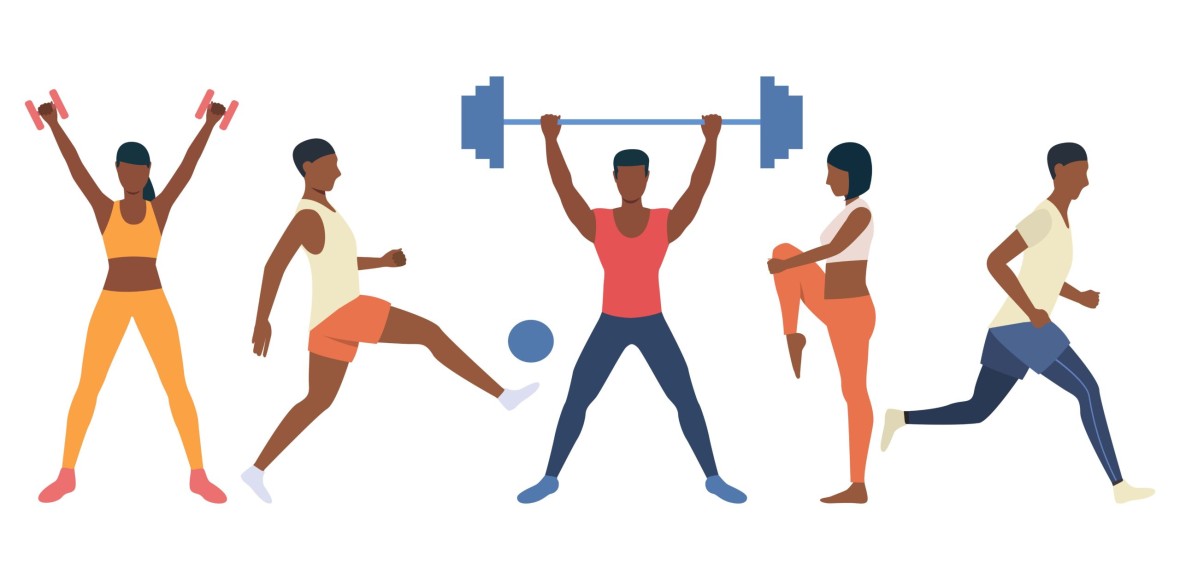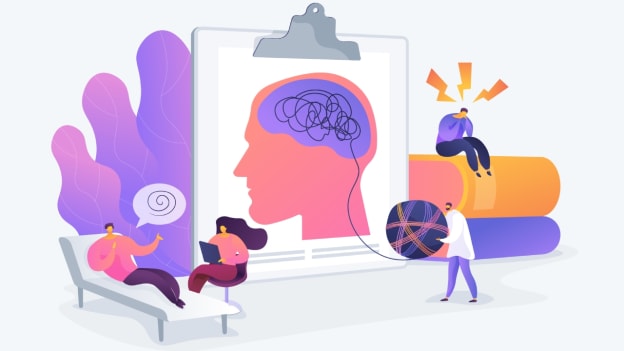Boosting Mental Health: Tips for Wellness and Balance:
Mental health is a vital part of our overall well-being, influencing how we think, feel, and act. It also plays a critical role in how we handle stress, relate to others, and make choices. Mental wellness is just as important as physical health, and it requires attention, care, and ongoing effort. This article will explore practical strategies for boosting mental health, maintaining balance, and ensuring a healthier, happier life.

The Importance of Mental Health:
Mental health affects all aspects of life. It shapes our thoughts, emotions, and actions. When our mental health is strong, we can navigate life's challenges more easily. On the other hand, poor mental health can lead to emotional distress, difficulty in decision-making, and strained relationships
Maintaining good mental health is a proactive process, not just something we focus on when problems arise. Just as we care for our physical health through exercise, diet, and sleep, mental health also requires regular maintenance to stay strong. It is essential to recognize that mental wellness is not a static state but rather a dynamic balance that requires constant care.

Common Mental Health Struggles:
It's common to experience challenges related to mental health, including stress, anxiety, depression, or burnout. Many people deal with these issues on a daily basis, and they can stem from various factors such as work pressures, family issues, financial concerns, or health problems. However, mental health struggles aren't limited to serious conditions like depression or anxiety—they can also encompass more subtle issues like feeling overwhelmed, unmotivated, or disconnected.
Seeking help and developing coping mechanisms can make a significant difference in how these challenges are managed. Below are some strategies that anyone can use to improve their mental health and increase their overall wellness.

1. Practice Self-Care:
Self-care is an essential aspect of mental wellness. Taking time for yourself, even when life feels busy, can help rejuvenate your mind and body. Self-care includes activities that promote relaxation, pleasure, and mental clarity. This can range from taking a warm bath, reading a book, or spending time in nature.
For some, self-care can involve practicing hobbies that foster joy, such as painting, writing, or gardening. It’s important to find activities that align with personal interests and bring a sense of peace. Self-care doesn't need to be complicated or time-consuming; small, consistent acts of kindness toward yourself can have lasting benefits.

2. Exercise Regularly:
Physical activity is directly linked to mental health. Exercise releases endorphins, which are chemicals in the brain that act as natural mood boosters. Regular physical activity, whether it’s going for a walk, running, swimming, or doing yoga, can help alleviate feelings of anxiety and depression. It also reduces stress levels by lowering cortisol, the body’s stress hormone.
Engaging in regular exercise also helps improve sleep quality, which is closely tied to mental health. When we get enough sleep, we’re better equipped to manage emotions, make decisions, and think clearly.

3. Maintain a Healthy Diet:
What we eat can significantly affect how we feel. A well-balanced diet rich in nutrients, vitamins, and minerals helps our brain function at its best. Foods high in omega-3 fatty acids, such as salmon, nuts, and seeds, are known to support brain health and can reduce symptoms of depression and anxiety. A diet rich in whole grains, lean proteins, fruits, and vegetables also plays a role in maintaining stable moods and energy levels.
It's also important to stay hydrated. Dehydration can cause fatigue, irritability, and difficulty focusing, all of which can contribute to mental strain. Try to drink plenty of water throughout the day to maintain optimal hydration.

4. Develop a Support System:
Building and maintaining healthy relationships is a cornerstone of good mental health. Having a support system—whether it's friends, family, or a community group—provides a safety net when dealing with life’s challenges. People who have strong social connections tend to have lower levels of anxiety and depression.
Make an effort to stay connected with loved ones, even if it’s through simple acts like a phone call, text message, or social media interaction. Spending time with people who make you feel supported, valued, and understood can help buffer against feelings of loneliness and isolation.
Additionally, seeking professional support through therapy or counseling can be an important step in managing mental health struggles. A mental health professional can provide guidance, coping strategies, and a safe space to explore feelings.

5. Practice Mindfulness and Meditation:
Mindfulness is the practice of being present in the moment, without judgment. It involves paying attention to thoughts, feelings, and bodily sensations without getting caught up in them. Meditation is a powerful mindfulness practice that can reduce stress and anxiety. Mindfulness and meditation help break the cycle of rumination—the repetitive, negative thoughts that can exacerbate feelings of distress.
Regular mindfulness practice can enhance emotional regulation, improve concentration, and promote a general sense of calm. Even just a few minutes of mindfulness each day can help increase self-awareness and improve mental clarity.

6. Establish Healthy Boundaries:
Setting healthy boundaries in both personal and professional life is essential for maintaining mental health. Boundaries help prevent burnout and reduce stress by allowing individuals to prioritize their needs. It’s okay to say “no” when necessary, and it’s important to recognize when you need rest, relaxation, or time alone.
In the workplace, learning how to manage workload expectations, taking breaks throughout the day, and finding a balance between work and personal life are all essential for avoiding burnout. In personal relationships, setting boundaries ensures that your emotional needs are respected and that you maintain a sense of autonomy.

7. Sleep Well:
Quality sleep is one of the most important factors in maintaining mental wellness. Sleep deprivation has been linked to irritability, anxiety, and poor decision-making. It also impairs memory, concentration, and emotional regulation. Aim fo7–9-9 hours of sleep per night to allow your body and mind to rest and recharge.
Creating a bedtime routine can help promote restful sleep. This includes limiting screen time before bed, avoiding caffeine or heavy meals late at night, and creating a calm, relaxing sleep environment. Consistency in your sleep schedule is also crucial for maintaining circadian rhythm, which governs sleep patterns.

8. Seek Professional Help:
If mental health struggles become overwhelming or persist for an extended period, it's important to seek professional help. A therapist or counselor can offer personalized support and provide techniques for managing stress, anxiety, depression, and other mental health concerns. Therapy offers a safe, confidential space to explore emotions and develop coping strategies.
If you’re unsure where to start, consider consulting a healthcare provider who can guide you in finding the right professional support. Mental health professionals can offer treatments such as Cognitive Behavioral Therapy (CBT), medication, or alternative approaches tailored to your needs.



You must be logged in to post a comment.